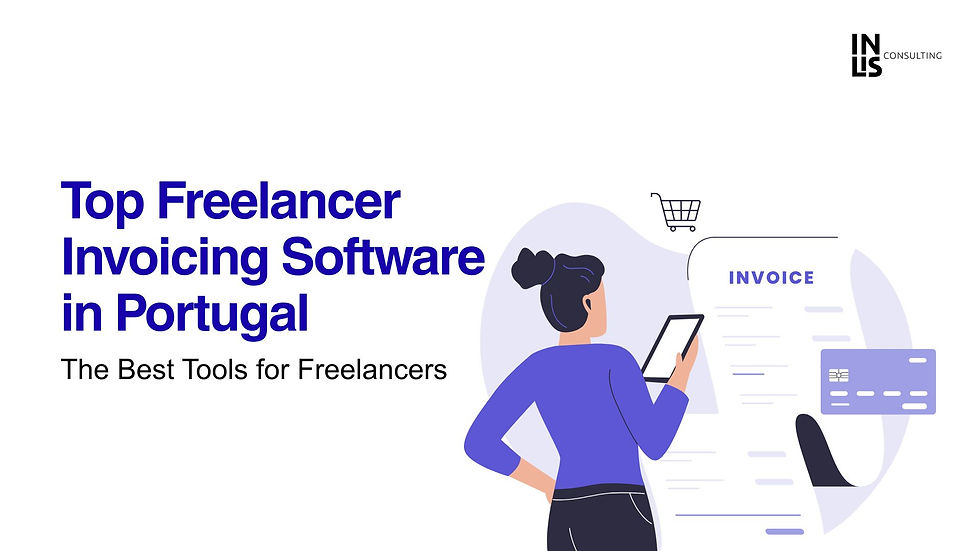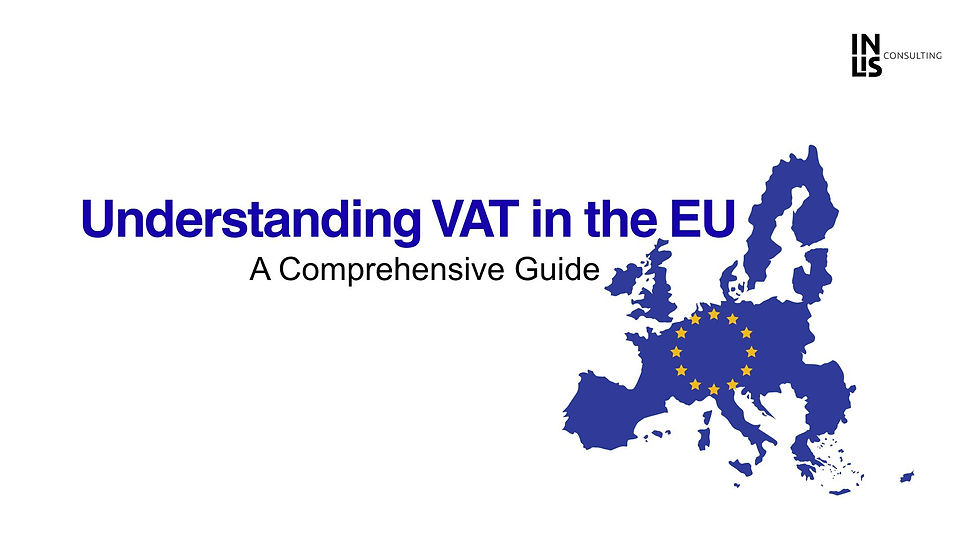Healthcare in Portugal: A Guide for Expats in 2025
- INLIS Consulting
- Sep 9, 2025
- 2 min read
Learn how healthcare works in Portugal for expats, including public and private options in 2025.

Why Healthcare Matters for Expats in Portugal
Moving to Portugal is an exciting step, but one of the first questions expats ask is: How does the healthcare system work? Fortunately, Portugal offers a strong mix of public healthcare (SNS) and private options, making it easier for expats to access affordable, reliable medical services.
The Public Healthcare System (SNS) in 2025
Portugal’s Serviço Nacional de Saúde (SNS) is the public health service, accessible to residents and contributing workers.
Key Features of SNS:
Low-cost care: Most consultations and treatments come with a small co-payment.
Universal access: Once registered, expats can access GPs, hospitals, and specialists.
Pharmaceutical coverage: Medicines are subsidized, reducing overall costs.
Focus on prevention: Vaccinations, screenings, and maternity care are widely available.
How Expats Access SNS:
To use public healthcare, expats generally need:
A residency permit
A NISS (Social Security Number)
A Número de Utente (healthcare user number, obtained at your local health center)
Private Healthcare in Portugal
While the SNS is reliable, many expats prefer to supplement with private healthcare.
Advantages of Private Healthcare:
Shorter waiting times for specialists and surgeries
English-speaking doctors in major cities like Lisbon, Porto, and the Algarve
Modern facilities with advanced diagnostic tools
Comprehensive insurance coverage for those with international or local plans
Costs in 2025:
GP consultation: €40–€70 privately
Specialist consultation: €70–€120
Health insurance: Starting around €40/month, depending on coverage and age
Healthcare for Digital Nomads and Temporary Expats
If you’re in Portugal on a D8 digital nomad visa or short-term stay, you may not immediately qualify for SNS. In this case:
Private health insurance is mandatory for your visa.
Many insurers offer flexible policies for short stays.
EU citizens can use their EHIC (European Health Insurance Card) for temporary access.
Pharmacies and Medication
Pharmacies (Farmácias) are widely available across Portugal.
Open during business hours, with rotating 24-hour pharmacies in every city.
Prescription medication is subsidized under SNS.
Pharmacists are well-trained and can provide advice for minor conditions.
Emergency Services
Portugal’s emergency number is 112.
Public hospitals handle emergencies through the SNS.
Private hospitals also accept urgent cases, often faster but at a higher cost.
Tips for Expats Navigating Healthcare in Portugal
✔ Register for your Número de Utente early to avoid delays.
✔ Keep a copy of your residency card and NISS handy.
✔ Consider private insurance for quicker access to specialists.
✔ Learn key Portuguese medical terms—it helps outside of Lisbon or Porto.
Final Thoughts
For expats, healthcare in Portugal in 2025 offers the best of both worlds: a strong public system (SNS) and excellent private options. With proper registration and insurance, you’ll have access to affordable, high-quality care across the country.
At Inlis Consulting, we help expats not only with tax and immigration but also with practical guidance on settling in Portugal—including healthcare registration.




Comments